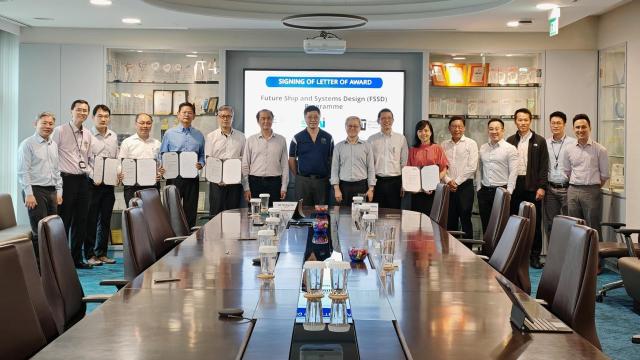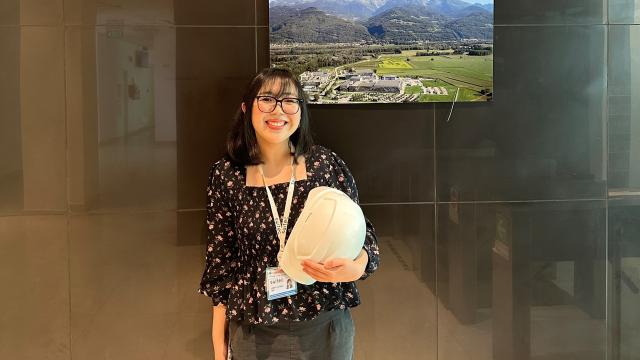
Systems are prevalent in our modern society. Today’s systems are expected to perform at levels unimagined previously, and to provide enhanced capability at reduced costs within shorter timeframe. These attributes increase the complexity of systems and demand tight integration of different engineering domains.
Systems engineering plays a critical role in developing complex systems that serve our needs. These systems often require an integration of hardware, software, data, people and facilities. With such complexity, a systems engineer needs to balance the technical effort of multiple engineering domains in response to diverse stakeholder needs.
To produce engineering talents who can orchestrate the development of such systems, the Singapore Institute of Technology (SIT) and DigiPen Institute of Technology jointly launched the Bachelor of Engineering with Honours in Systems Engineering (ElectroMechanical Systems) programme, also known as SEEMS, in 2015.
SEEMS is a multidisciplinary degree programme which focuses on developing systems through integration of various engineering disciplines within a system life cycle context. Mathematics and physics form the foundation, while knowledge in mechanical, electrical, electronic and computing engineering are developed and integrated through systems engineering.
SEEMS adopts a ‘learn-integrate-apply’ approach where multidisciplinary knowledge and skills are applied in multiple projects. This project-based applied learning pedagogy helps to equip students with practical skills based on sound theoretical knowledge to take on complex challenges at the workplace.
The curriculum of the SEEMS degree was developed in close consultation with the International Council on Systems Engineering (INCOSE), as well as industrial experts from the marine industry (SempCorp Marine), transport industry (Land Transport Authority), port operations (PSA International) and IT industry (IBM) using a systemic framework.
In addition, SEEMS was the pioneer programme endorsed by the German Mittelstand companies, including Feinmetall, Festo, Heraues, Infineon, Pepperl & Fuchs, Rohde & Schwarz, SICK and Uhlmann, for the Dual Studies Industry Sponsorship Pioneer Programme - a scholarship initiative that localises the German’s dual studies model in SIT. Through this programme, SEEMS’s students are offered an attractive education and career pathway, while the German companies have access to practice-oriented systems engineering talent from Singapore.
SIT has also signed a number of Memorandum of Understanding (MOU) to advance and build up systems engineering capabilities in Singapore. In an MOU between LTA, SIT and INCOSE, LTA will work with SIT on rail systems research and development, and share domain knowledge on rail systems engineering. SIT will provide systems engineering training for working professionals from LTA and other practising engineers, while INCOSE will facilitate professional certification such as the Certified Systems Engineering Professionals (CSEPs).

Minister Khaw Boon Wan interacting with SIT students during a tour of the Systems Engineering labs at SIT.
In a partnership with PSA, SIT will deliver a 16-month systems engineering training programme to equip PSA engineers and ICT professionals with the competencies to design, develop and maintain complex integrated systems which are vital for PSA’s new generation of intelligent container terminals. In return, SIT students and faculty will be exposed to PSA’s inner workings, with specialists from PSA delivering guest lectures on port technology and operations.
These collaborations with industry ensure that our graduates are industry-ready, as well as enhance academia-industrial synergies.
This article was adapted from The Singapore Engineers July 2018 publication with the permission of The Institution of Engineers, Singapore.
![[FA] SIT One SITizen Alumni Initiative_Web banner_1244px x 688px.jpg](/sites/default/files/2024-12/%5BFA%5D%20%20SIT%20One%20SITizen%20Alumni%20Initiative_Web%20banner_1244px%20x%20688px.jpg)


